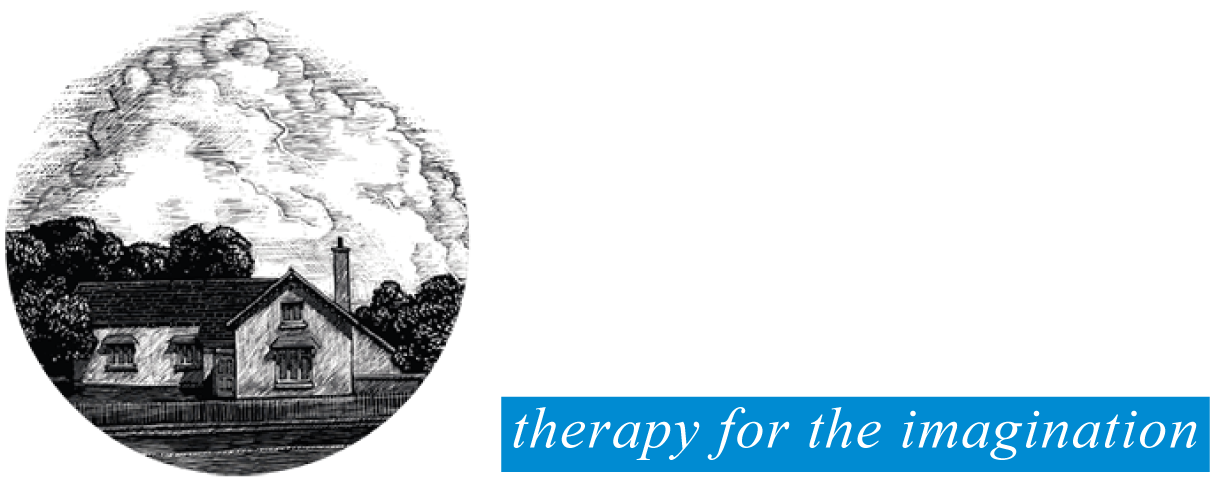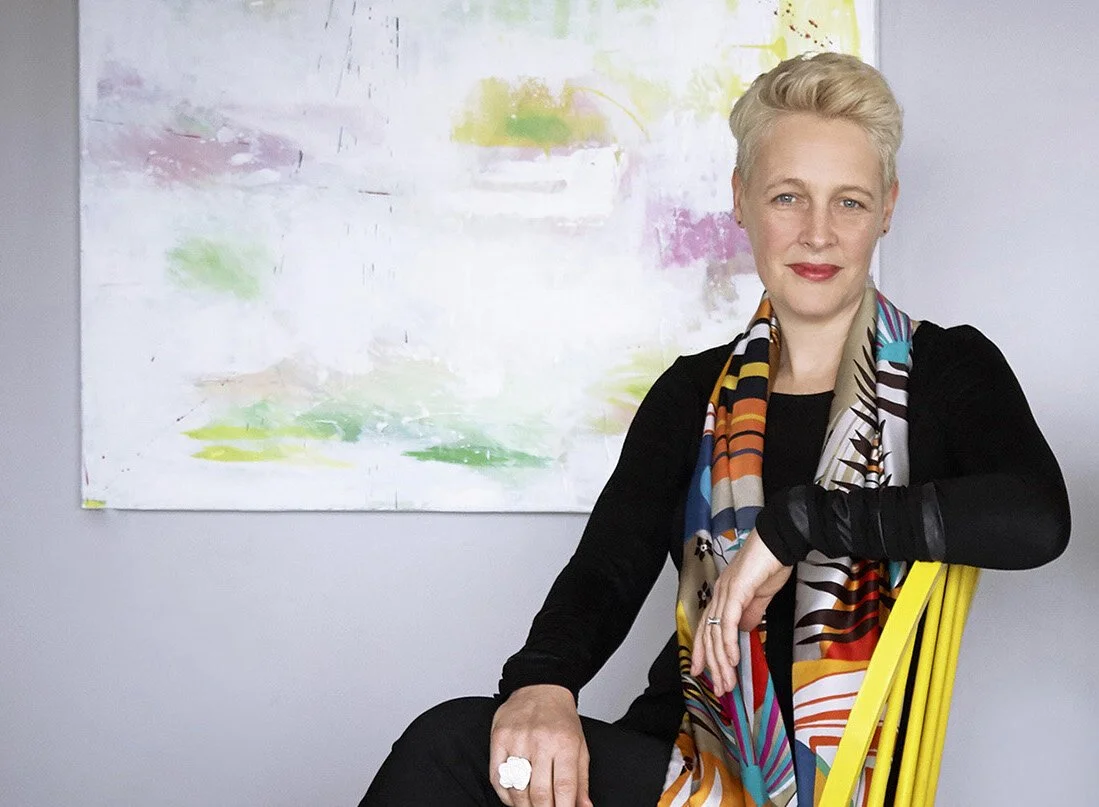ABSTRACT EXPLORATION | LOUISE CHERRY
Dates: 21st & 22nd Feb 2026
Times: 10am - 4pm
Location: Enniskerry
Skill Level: all levels welcome
Please see detailed workshop information below
If this course is fully booked or not currently scheduled, go ahead add your name to the waiting list HERE
Payment plans available contact us directly
aBOUT THE WORKSHOP
Through a series of creative exercises, experimental techniques and investigations into contemporary art practices, this workshop will allow you to tap back into a form of creating that comes from within, it will encourage you to look at things differently and create in a fresh, innovative manner in which to develop your art practice. It will help you to shed some old habits and allow you to explore a new and braver way to work.
The main aim of this workshop is to encourage each participant to stop creating with the final painting in mind; to stop looking for a finished product. Louise encourages a method of creative making which encompasses a working manner of continuous process and experimentation. She aims to teach each participant how to create a symbiotic relationship with their canvases through a process of research, exploration and investigation. By using a wide spectrum of materials and techniques, the ultimate goal is to create an on-going dialog with your work and allow your canvases to evolve over time, to allow your canvases speak to you, and help you to listen.
You will leave this workshop, not with finished pieces but with a whole set of new tools and ideas to bring back to your studio, a platform from which you can leap into a more exciting manner of working, which in turn will ultimately enable you create more interesting work.
“As an abstract painter, everyday in my studio, I feel a sense of excitement and fear when I look at a new canvas, as I strive to create intrigue for my viewer, aiming to give more than just visual pleasure. It is not a simple process of looking and recreating what one sees, in fact it’s the opposite, I have to create what cannot be seen. I intentionally do not to plan the image in advance, I work instinctively and allow the process to guide the development of my canvas, I like to discover a visual by accident, and come to that point where I can look at the canvas and say, “that’s it, I’m getting there, I’m on to something”.
This workshop is not recommended for absolute beginners.
Create beyond your comfort zone
Be brave and challenge your normal working pattern
Push your work process and art practice beyond its comfort zones.
Create work that will intrigue and entice not just your audience but also you, as an artist.
-
How to create intuitively and let go of the need for a “finished product.”
Ways to develop a continuous process of experimentation, exploration, and discovery in your art practice.
Techniques to build a dialogue with your canvas—learning to listen and respond to what your work is telling you.
Strategies to break free from old habits and approach your work with a renewed sense of curiosity and freedom.
How to embrace creative risk-taking and work beyond your comfort zone.
Methods for using diverse materials and techniques to inspire innovation and new directions in your art.
How to cultivate a research-based, investigative approach to painting and making.
Ways to find excitement in the unknown and allow accidents or unplanned moments to shape your work.
A deeper understanding of contemporary art practices that value process over product.
The confidence to create work that intrigues, challenges, and excites both you and your audience.
-
A2 sketch pad
Your usual painting tools and materials, could include some / all of the following:
brushes of various sizes, palette knives, sponges,
Any unconventional painting tools you might like to use / try
Variety of drawing pencils, colour pencils, charcoal, graphic pencils and pastels
Selection of paints ( variety of colours) you like to use / want to try, could include oils, acrylics, inks or all 3
Relevant mixers for the paints you use
Various patterned / textured paper, card, cardboard or plastic Old paper, such as texts, print, newspaper, magazines
Tool box with usual necessary materials such as, masking tape, scissors, Stanley knife, sellotape, cotton buds, cotton wool, kitchen roll, etc etc…
Any unusual form you might be interested in drawing, rocks, stones, shells, wood, etc etc.
Everything is optional, the more you bring to experiment with the more you will gain from the workshop
“Every portrait that is painted with feeling is a portrait of the artist, not of the sitter.”





